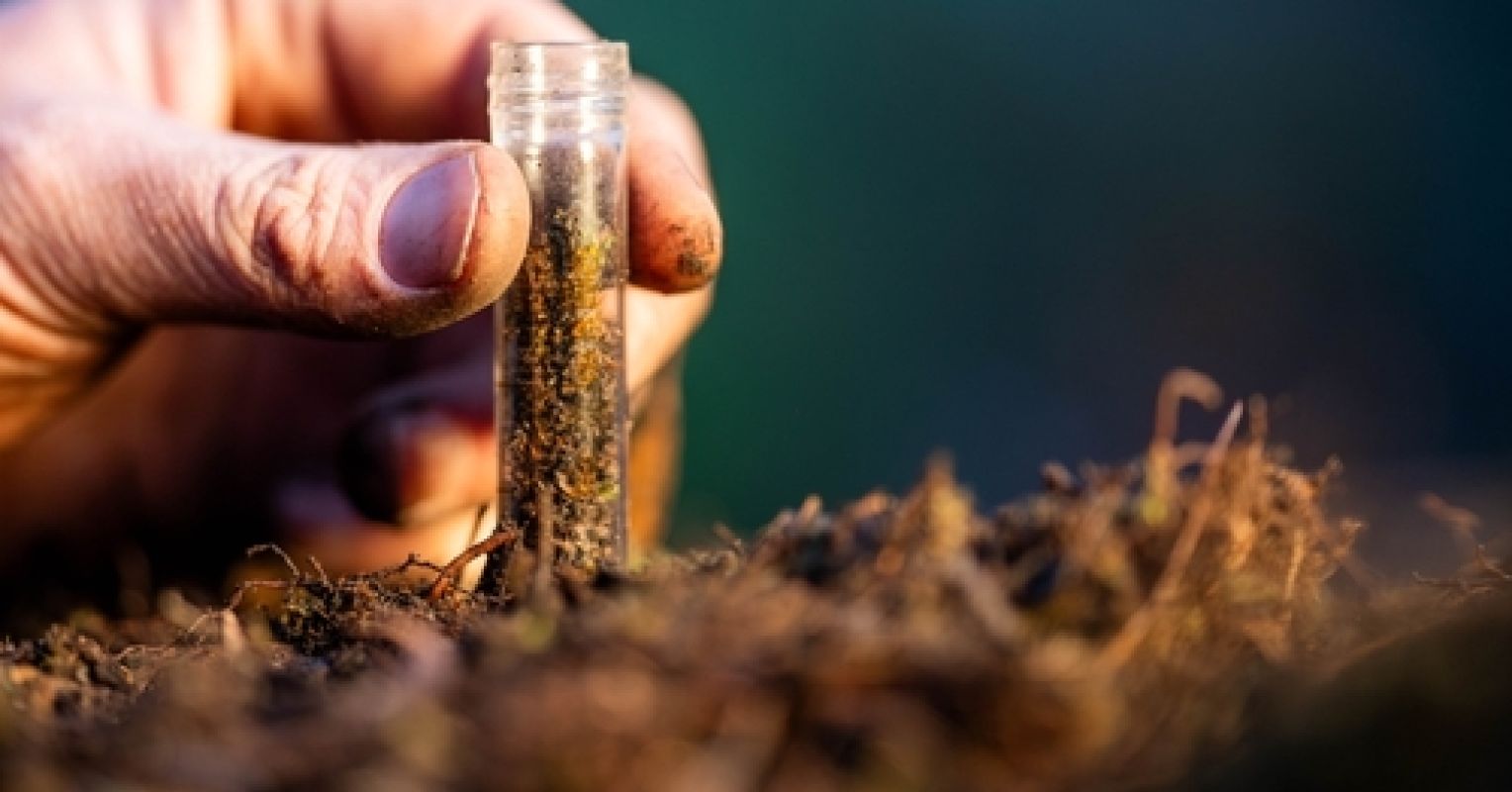
"Ordinary individuals now possess the ability to engage in genetic engineering, conducting experiments on themselves and their environment with little oversight, highlighting the democratization of science."
"This DIY biotech movement presents opportunities for health empowerment, allowing individuals to innovate solutions for personal and communal issues, yet it raises significant ethical considerations."
"Trust within communities is becoming increasingly essential as DIY biohackers experiment with life sciences, prompting discussions about shared responsibility and the potential unforeseen consequences of unrestricted experimentation."
"While there are concerns regarding safety and biosecurity, DIY biohacking promotes creativity and agency, inspiring individuals to take roles in shaping their biological destinies."
The DIY biohack movement democratizes science, allowing ordinary people to engage in genetic engineering and environmental experimentation without oversight, which raises ethical concerns. Notably, DIY biohackers like Josiah Zayner illustrate this trend by livestreaming experiments and promoting kits for at-home gene modification. While DIY biotech offers promise for personal and community health improvements, it poses risks related to safety and biosecurity. Ethical organizations advocate responsible practices, reminding participants of the need for community trust as experimentation blurs boundaries of science and daily life.
Read at Psychology Today
Unable to calculate read time
Collection
[
|
...
]